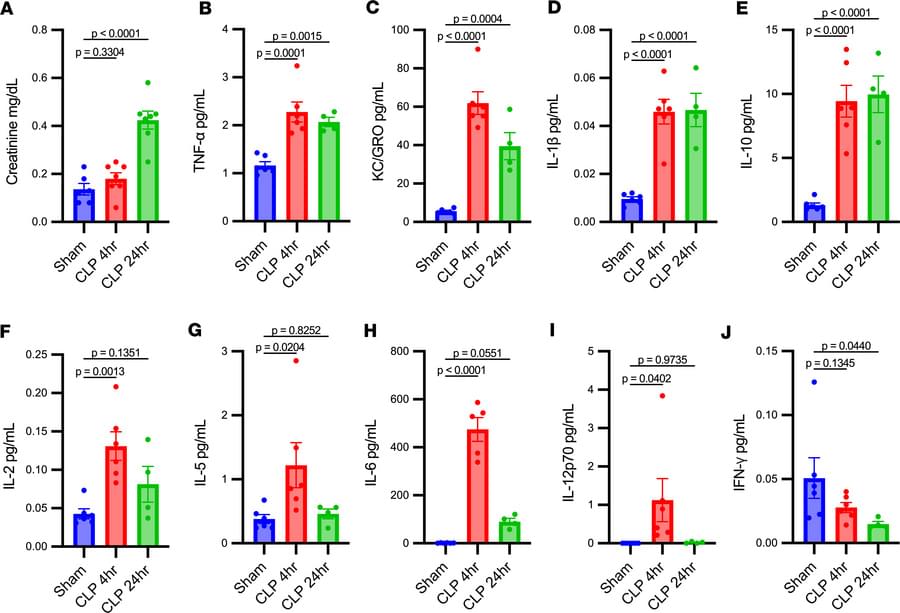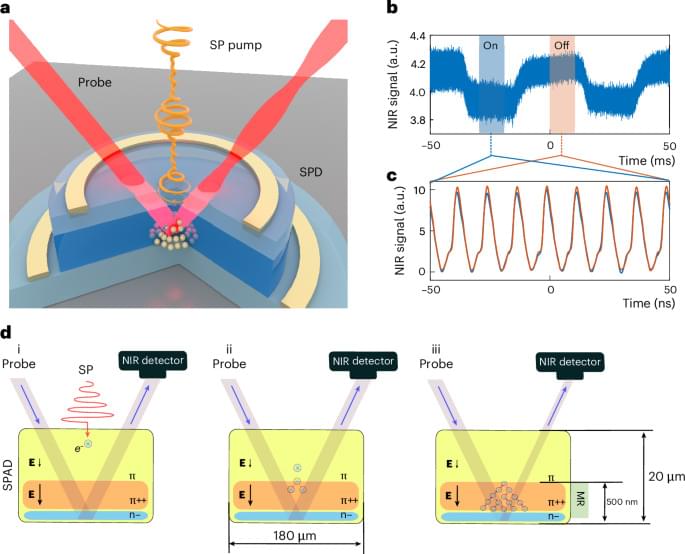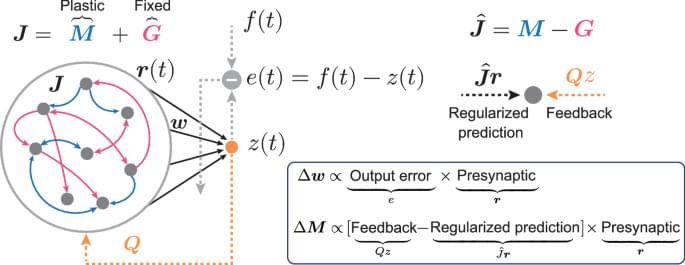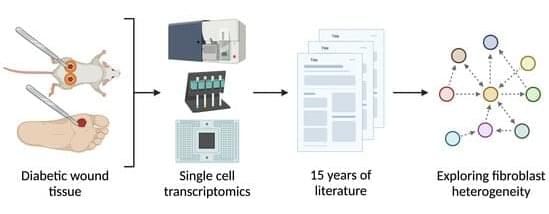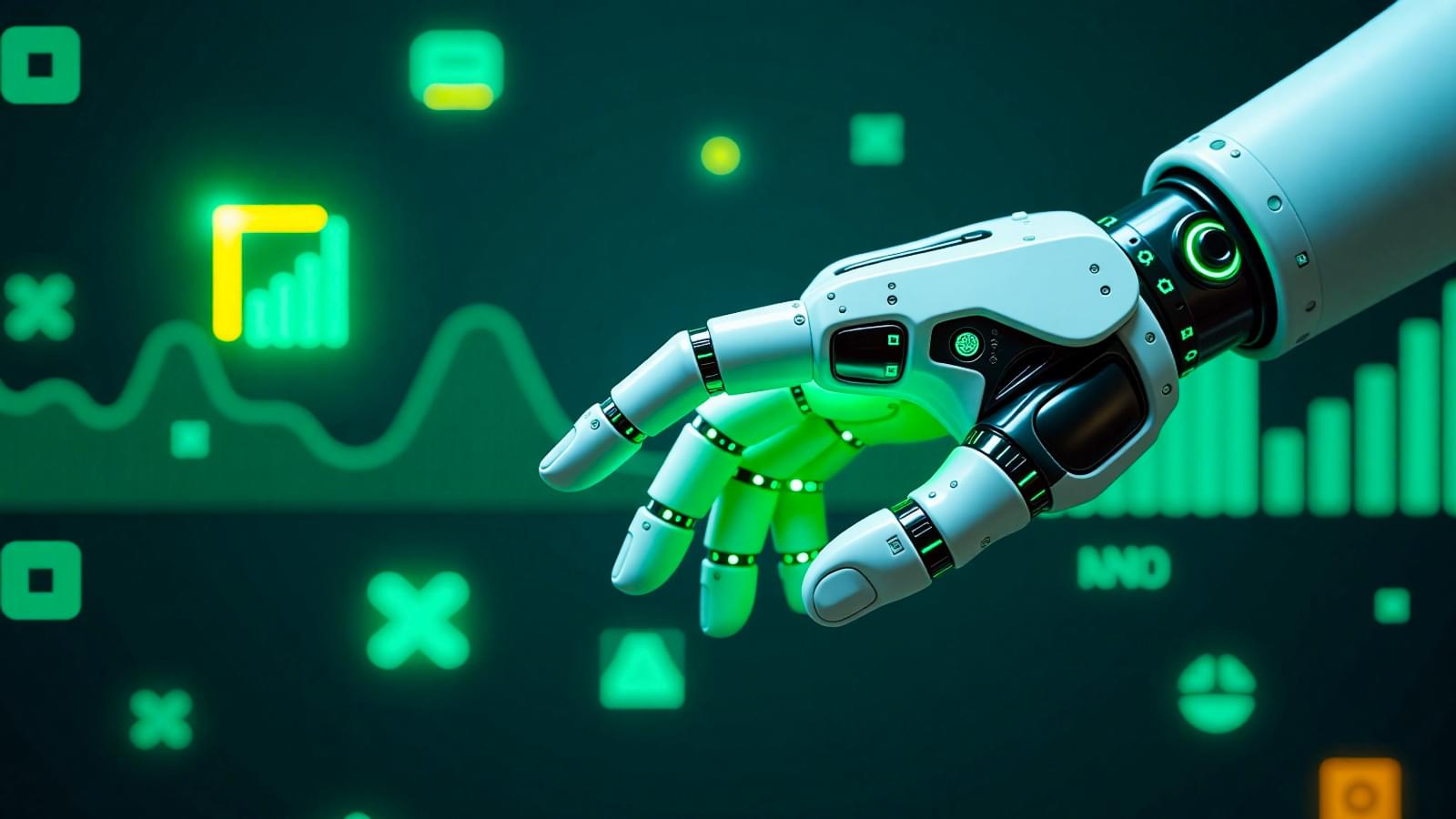It’s well known that exercise is good for health and helps to prevent serious diseases, like cancer and heart disease, along with simply making people feel better overall. However, the molecular mechanisms responsible for preventing cancer or slowing its progression are not well understood. But, a new study, published in the Proceedings of the National Academy of Sciences, reveals how exercise can increase glucose and oxygen uptake in the skeletal and cardiac muscles, instead of allowing it to “feed” tumors.
Reduced tumor growth in exercised mice To study how exercise-induced metabolic changes affect tumor growth, the research team injected mice with breast cancer cells and fed some of the mice a high-fat diet (HFD), consisting of 60% calories from fat, while others were fed a normal diet as a control. The HFD mice were given running wheels for exercise, although exercise was voluntary. The team used stable isotope tracer studies [U-13C6] glucose and [U-13C5] glutamine to track metabolic changes.
After 4 weeks of wheel running, the team found a significant difference in tumor sizes between mice that chose to exercise, compared to those that did not—even when they were fed the same diet.
